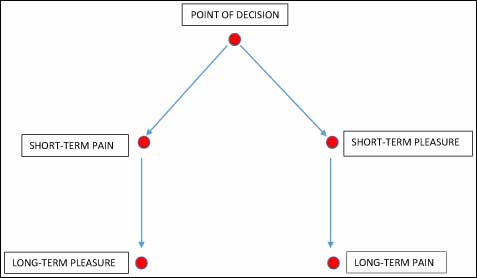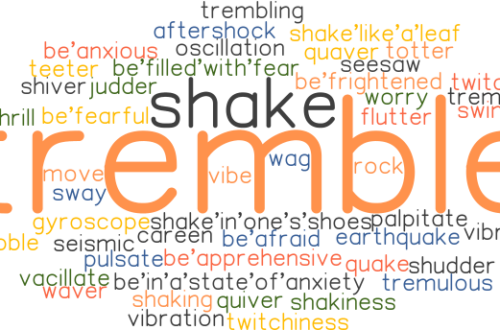-
Do Males “Image” God More Than Females?
Do male humans “image” God more than female humans image God? Both male and female were created in the image of God. Recall Genesis 1: “Then God said, ‘Let Us make adam in Our image, according to Our likeness; and let them rule . . . God created adam in His own image, in the image of God He created him; male and female He created them” (vv. 26–27). The image of God is male and female. One sex does not “image” God more than the other. And, in fact, male and female are interdependent. I once had a student who wept with joy when she learned this. She was…
-
Heads and Coverings: Observations (Part 2)
In my previous post I shared some observations about 1 Corinthians 11:3–16, which speaks of women praying and prophesying in the church. After asking the Spirit for insight, observation is the first step in Bible study. Here are some observations sometimes missing in the discussion: • According to Paul, women could prophesy in the church. And the end result of prophecy was the learning and encouragement of the Body (14:31). So it was assumed in Paul’s day that everyone could learn spiritual truth from a woman. Even if one believes the gift of prophecy has ceased today, one’s reasoning behind women’s silence in the church today cannot be “grounded in…
-
Heads and Coverings: Observations (Part 1)
My friend’s Facebook status this week struck a familiar chord with students who have learned Bible Study methods: “Stuck at 30 observations. Need 20 more!” No doubt she was doing the assignment that requires students to make 50 observations about a Bible verse, such as Acts 1:8. The assignment teaches people to notice every single, solitary detail about what the text says, the first step in studying the Bible—after asking the Spirit to grant insight, of course. As I’ve been prepping for a Role of Women in Ministry class I teach, I’ve been re-reading different authors’ understandings of 1 Corinthians 11:3–16, which speaks of women praying and prophesying in the…
-
On 1 Corinthians 11 and Veils
Fifty years ago historians’ knowledge of women in the ancient world came from tiny bits and pieces scattered about. Such remnants included fragments of Sappho’s poetry, barely preserved in damaged papyrus full of gaps. Plutarch provides an engaging account of Cleopatra’s hold on Mark Antony, but he says nothing of her maritime knowledge or her ability to rule, and this year Stacy Schiff debunked his suicide-by-asp-bite myth. (Schiff calculated how much venom it would have taken to actually kill Cleopatra and her two servants.) So, entertaining as Plutarch’s account may be, our knowledge suggests he had a rhetorical agenda. We’ve studied urns featuring scenes from the legends of Dido and Lucretia…











